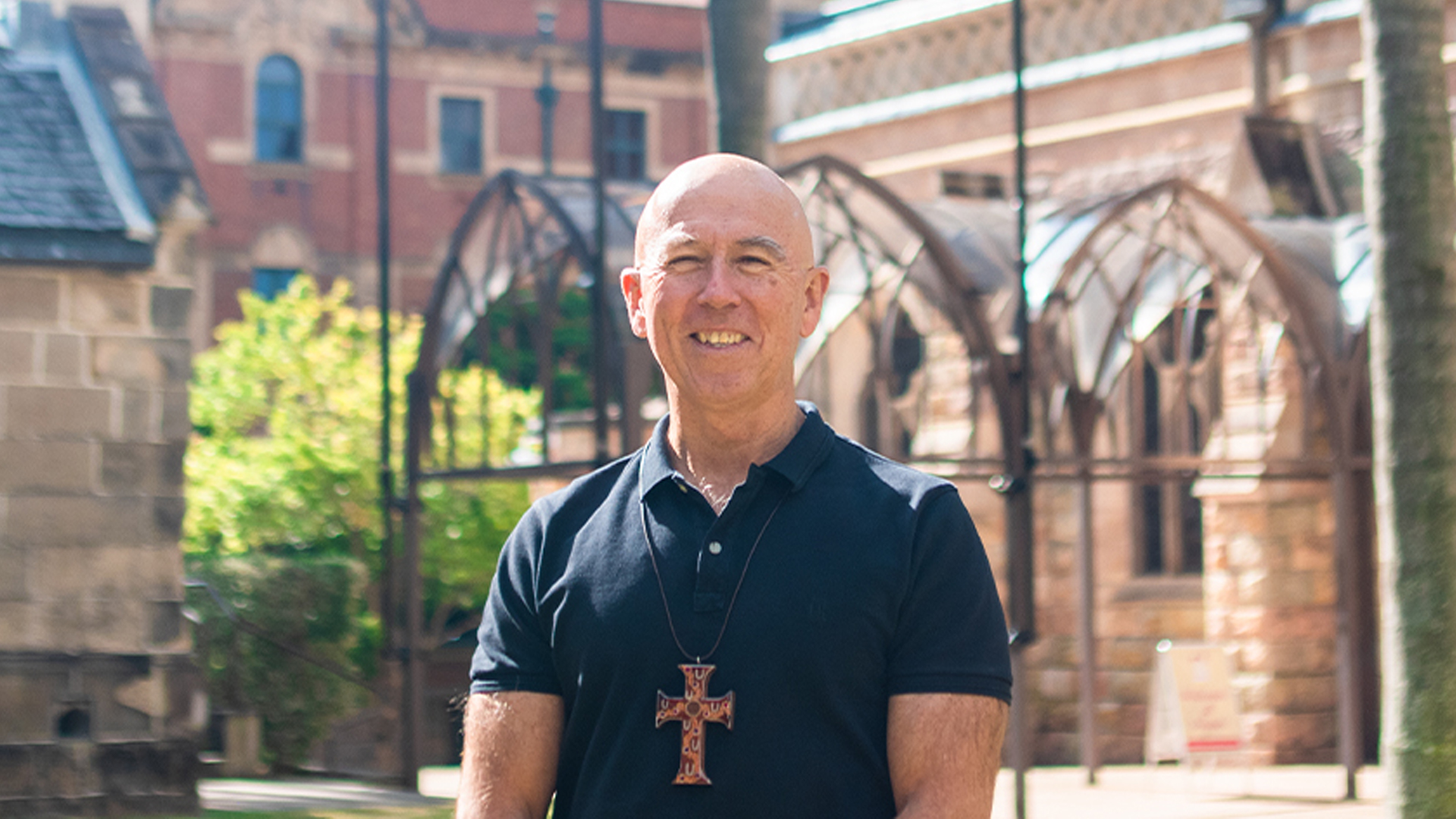What role can “bystanders” play in the prevention of domestic and family violence?
Bystanders are those men and women who are not perpetrators of domestic violence but who have good reason to think someone they know may be suffering. It’s a good question to ponder as domestic violence is acknowledged in the Australian Catholic Bishops Conference’s 2022-23 Social Justice Statement entitled Respect: Confronting Violence and Abuse. The statement highlights the importance of listening to women and children, who largely make up the victims of this violence. That’s where bystanders can play a role. Not just listening to those who are suffering at the hands of family members or partners but trying to place themselves in their shoes.
Over the past eight years I have been working with international groups of religious women and men around the theme of interculturality which is principally about people from different cultures navigating the rich fields of living and working together for mission. Part of this process is reflecting upon our first culture as one of the important places where we begin to learn how to be who we are in the world. While working with one of our mixed groups (women and men), the co-facilitator, a religious sister, suggested using a dynamic where we divide the group according to gender, and ask that in their gender-specific groups they consider and respond to the following questions:
- What do you like about being a woman/man?
- What do you not like about being a woman/man?
- What do you think those who are gathered in the other room like about being women/men?
These are very interesting questions because they’re not often considered. In fact, they are not easy to answer, but the members of our programs made good efforts at responding.
Let’s take it a step further and imagine ourselves waking up tomorrow morning as a person of the opposite gender? How might that affect us? How would our lives be different?
I raise these dynamics because it became clear to all of us during this process just how difficult it is to understand people of another gender. We can talk about different genders being different cultures that we can learn about and try to become comfortable with.
Domestic violence between genders does not simply happen from one moment to the next, but often involves complex processes that include not being listened to or understood. And it is hard for us to really stay with the process of trying to understand the thoughts, feelings, reactions and heart of someone who is so different from us when, from very early in life, the great majority of us have learned about being part of only one gender in this world.
If men could try to put themselves in the place of vulnerable women and children, perhaps they would understand better the need to consider ‘stepping in’ in place of ‘stepping out’ when they suspect that violence could be perpetrated in someone’s home, be it the home of a neighbour or a relative or even an acquaintance. That ‘stepping in’ may take different forms but the willingness to do so is a positive step. Choosing to step in may be uncomfortable or even risky. We may end up offending someone or feeling sheepish. But when women and children are vulnerable, it is a better option than stepping out.
Women also have a role to play to assist men to step in. Women are often more intuitive in understanding when someone may be at risk in a relationship. They can pass that concern on to a man who may be closer to a perpetrator or someone of influence.
We continue to learn more about the realities of culture. Violence is a reality in all cultures. If the culture we grow up in, be it family or ethnic, permits or even encourages violence towards others, then our Christian belief is at risk. Embedded culture trumps all. That includes faith. Especially for an issue such as domestic violence which is tangled in hierarchy and power.
Some men may feel that their culture discourages them from raising concerns around potential violence with someone they perceive to be more senior than them.
People may not want to risk their relationships by raising a concern.
Some may be concerned that they’re not experts in dealing with domestic violence. That’s understandable. But it is not a reason to step out. There is expert help at hand. Centacare, which is part of the Brisbane Archdiocese, provides invaluable services to women, children and those who are worried about others. This wonderful work is built on counselling and education and includes court support for those trying to navigate the legal system. Centacare listens to the stories of those affected by domestic violence. It has a good understanding of the impacts of domestic violence across southeast Queensland and provides gentle but firm support at difficult times. This is part of the wider role for the Catholic Church in helping in these fields.
As the Australian Catholic Bishops’ social justice statement notes, domestic violence is “the abuse of power to control and dominate others” while “the message of the gospel is … a message of mutual esteem and kindness”.
God calls us to relationships of respect and freedom. And we are called to make change, in our own ways, where we can. Let’s step in to make a difference.
